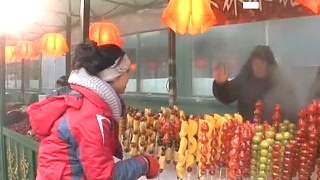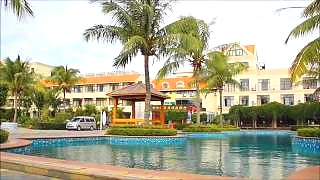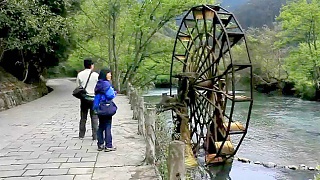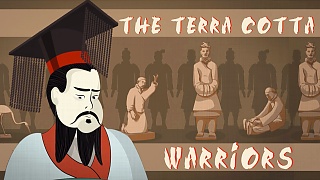
|
With Travel with Miracle ...
Foshan, located in Guangdong Province, is a city rich in culture, history, and culinary delights. Known as the birthplace of martial arts legends like Yip Man and Wong Fei Hung, it offers a blend of traditional and modern attractions.
Top Attractions:
Ancestor Temple (Zumiao Temple): A Taoist temple showcasing exquisite architectural art from the Ming and Qing dynasties. Visitors can enjoy kung fu shows, lion dances, and Cantonese opera performances.
Lingnan Tiandi: A district featuring well-preserved Lingnan-style architecture, with arcades, green brick houses, and stone roads. It's a vibrant area filled with galleries, cafés, bars, and handicraft shops.
Ancient Nanfeng Kiln: Built during the Ming Dynasty, it's the oldest continuously operating kiln in the world. Visitors can explore the Shiwan Ceramic Museum and even try their hand at pottery making.
Qinghui Garden: One of China's top ten gardens, showcasing classical South Chinese gardening art with its intricate designs and serene landscapes.
Xiqiao Mountain Scenic Area: A national park featuring natural beauty and cultural heritage, including the impressive Nanhai Guanyin statue.
Culinary Highlights:
Foshan, particularly the Shunde district, is renowned for its gastronomy. Recognized by UNESCO as a "City of Gastronomy," it offers a plethora of local delicacies.
Travel Tips:
Language: Mandarin is widely spoken, but Cantonese is prevalent among locals.
Transportation: Foshan is well-connected by metro and buses. It's also close to Guangzhou, making day trips convenient.
Best Time to Visit: Spring (March to May) and autumn (September to November) offer pleasant weather for sightseeing.
Foshan seamlessly blends its rich historical heritage with modern development, making it a captivating destination for travelers seeking cultural immersion and culinary adventures.
|

 Water Splasing Festival at XiShuangBanNa 西双版纳, YunNan province
Water Splasing Festival at XiShuangBanNa 西双版纳, YunNan province























